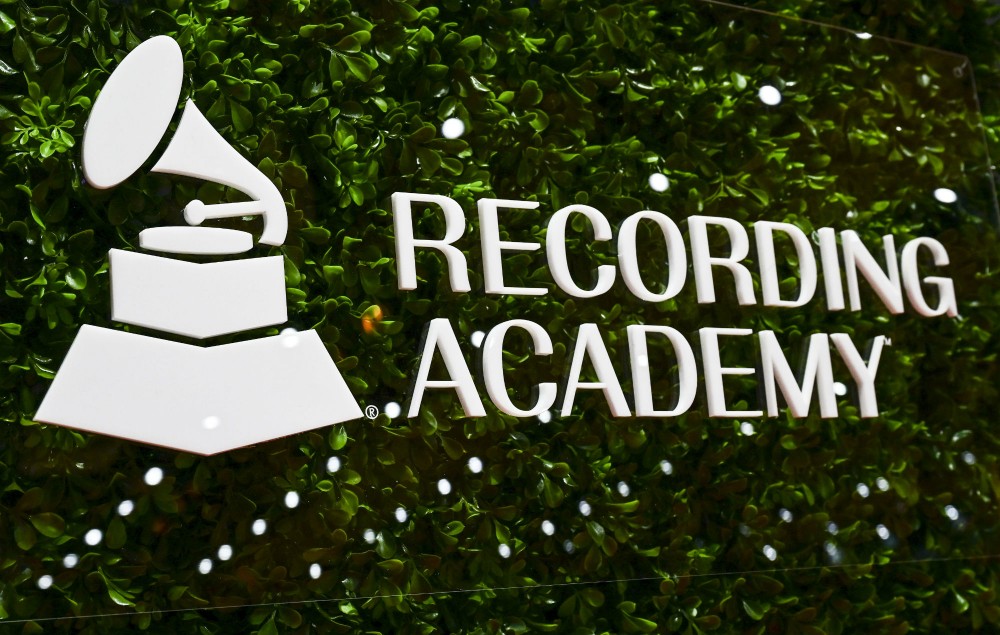2022 Grammys to feature “inclusion rider” to guarantee staff diversity
The Recording Academy has announced that next year’s edition of the Grammy Awards will be produced with an inclusion rider, in order to ensure equity, diversity and inclusion during the production.
Inclusion riders are a provision in a person’s (typically an actor or filmmaker) contract that provides for a certain level of diversity in casting and production staff.
A template for inclusion riders was first developed by academic Stacy L. Smith in 2016, primarily for use in the film industry.
Actor Frances McDormand popularised the concept further in 2018. While accepting her Academy Award for Best Actress, she said: “I have two words to leave with you tonight, ladies and gentlemen: inclusion rider!”

The Recording Academy has said it will add the rider to the contract between itself and the production company responsible for the Grammys. The full rider will be released publicly on September 16.
“This addendum is a contractual obligation for the production company to make its best effort to recruit, audition, interview, and hire on-stage and off-stage people who have been historically and systemically excluded from the industry,” the academy announced.
The inclusion riders follow a series of moves to modernise the awards. In April it was announced that the organisation would be scrapping its Nominations Review Committee, which had attracted ample controversy in recent years.
Last year, Deborah Dugan – a former president of the academy – claimed there were “conflicts of interest” in the Grammys voting process that “taint the results”.
The awards has also faced criticism for a lack of Black artists being recognised in the “Big Four” categories – Album Of The Year, Record Of The Year, Song Of The Year and Best New Artist. Women have also been underrepresented in previous nominations, with former Recording Academy president drawing criticism for saying female musicians needed to “step up” at the 2018 event.
